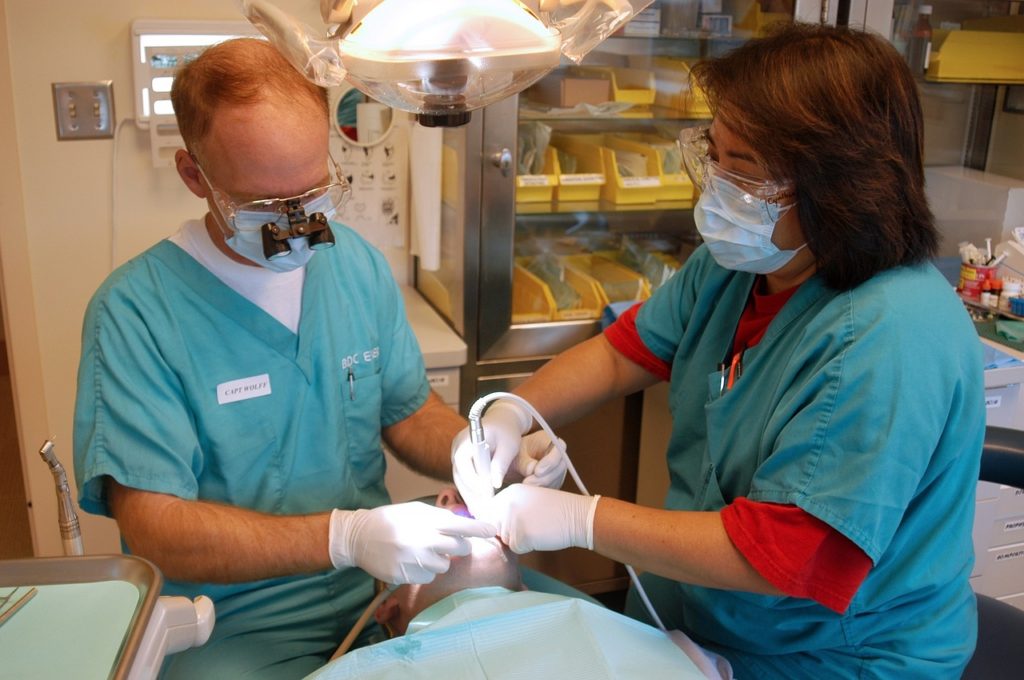
Dental implants have transformed tooth replacement since their introduction over thirty years ago. Because of their durability, dental implants have a high success rate, well over 95%. But that still leaves a very small percentage of failures, many within the first few months after placement.
Years of research have demonstrated that most of these rare failures are related to peri-implantitis (a form of gum disease); excessive stress on the implants; or certain health and lifestyle factors. Although it’s impossible to eliminate all risk, your chances of implant success can be improved by addressing these areas of concern.
Your overall health. What goes on in the rest of your body can have an impact on your oral health. Certain drugs, past cancer radiation treatment, conditions like osteoporosis or a poor immune system, or tobacco use can all increase the risk of an implant failure. While some of these conditions can be addressed (such as quitting smoking) it could be better with your particular health status to consider other replacement options.
Bone health and other oral issues. Implants require a certain amount of bone for proper setting and stability. If you’ve experienced significant bone loss due to missing teeth or dental disease, it may be necessary to build up the bone through grafting procedures or consider other replacement options. Likewise, if you have a grinding or clenching habit that puts your teeth under abnormal stress, that may have to be addressed first before undertaking implants.
Care and maintenance. How you care for your implants after you receive them is critical. While the implants themselves aren’t affected by tooth decay, the supporting gums, bone and adjacent teeth can be affected by gum disease. You should develop a consistent habit of daily brushing and flossing and regular professional dental cleanings and checkups. Without this care, your risk increases for your implant to fail over time, with the onset of periodontal (gum) disease (in this case more accurately called peri-implantitis). Peri-implantitis is an infection and inflammation of the living tissues that surround the implants.
